Renewable Energy and the Job Market
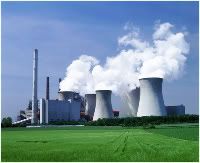
Unemployed people looking for work with skills appropriate to (or who could be easily trained for) designing and building renewable energy systems: 3 million
Highschool and college graduates entering the workforce over the coming five years with these skills who will find it hard to find work given the current and foreseeable economic climate: 12 million
People working in fossil fuel industries, e.g., coal miners, who may be well advised to look for work elsewhere as the world moves — at whatever pace — to clean energy: 2 million
Total of above: 17 million
Now, let me offer this high-level summary of the subsidies bestowed onto Big Energy in the US. It is estimated that the US oil and gas industry receives anywhere from $1 billion to $35 billion a year in subsidies from taxpayers. What, you ask? Don’t we know that number with any greater degree of accuracy? No. The exact number is extremely hard to nail down — even for those who try to do it honestly and objectively — given the 10-or-so different programs (loans, deliberately lax legislation and enforcement, tax breaks at many different levels, etc.) that could be referred to as subsidies for fossil fuels. But it’s substantial by any account.
And in some cases it’s more egregious than others. For example, we taxpayers pay up to 90% of the cost of building nuclear power plants; the nuclear industry couldn’t stand on its own for a nano-second. And to me, the mega-billion dollar subsidy for corn ethanol is even more galling. As I’ve written abundantly elsewhere, corn ethanol will down in history as one of the biggest rip-offs ever perpetrated on the American public.
So here’s a simple suggestion: if we’re going to subsidize something, why can’t it be something that contributes to the public good? Why does it have to cause cancer, jeopardize national security, promote terrorism, stimulate global warming, or cause a dangerous waste situation that will last hundreds of thousands of years?
Why not consider this: PULL the subsidies for oil, coal, corn ethanol and nuclear. Create a level playing field, and see how long fossil fuel businesses last in a fair, competitive environment (about 10 minutes).
Or, if you want to do something progressive, direct that money to renewable energy. Where do you think we’d be right now in the maturation of — you pick it — solar thermal, hydrokinetics, wind, etc. – if we had had the wisdom and the courage to send that money into research and development of those technologies, as opposed to merely making Big Energy even Bigger?
Let’s make a change here. Per the numbers above, there are 17 million people who will thank us immediately — not to mention the billions of other people on earth today — and those of future generations — who will be beneficiaries as well.

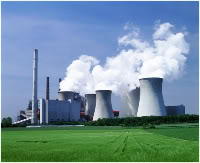
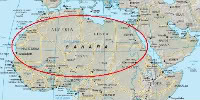
 As part of my travels to New York City and Bermuda last week I had the pleasure of meeting clean energy stock legend
As part of my travels to New York City and Bermuda last week I had the pleasure of meeting clean energy stock legend 


 I just got off the plane from Bermuda, and thought I’d write a quick post before bed. What a reminder this trip was of the reason I got into this subject in the first place: the fascinating confluence of science, business, and politics.
I just got off the plane from Bermuda, and thought I’d write a quick post before bed. What a reminder this trip was of the reason I got into this subject in the first place: the fascinating confluence of science, business, and politics.

 As I mentioned, I’m spending the week in New York City and Bermuda this week for a string of meetings that I believe will ultimately bring a great deal of additional value to that which 2GreenEnergy offers its readers and clients.
As I mentioned, I’m spending the week in New York City and Bermuda this week for a string of meetings that I believe will ultimately bring a great deal of additional value to that which 2GreenEnergy offers its readers and clients. 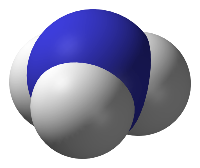
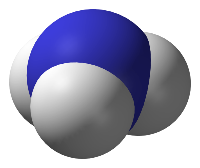 During my interview with
During my interview with